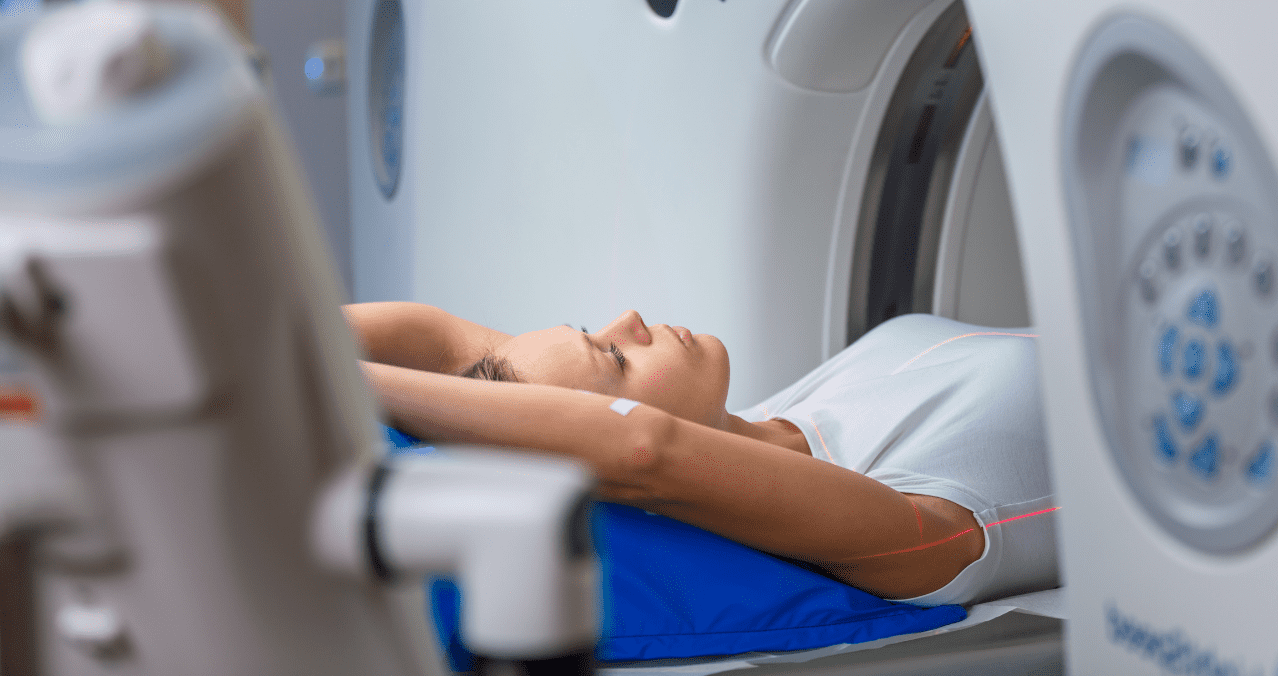A low-dose CT scan can accurately diagnose appendicitis

These findings encourage clinicians to implement low-dose CT techniques in emergency departments.
It is attractive to think that CT radiation doses can be easily reduced across the board without affecting patient care.
The CT scan Seems to be a low dose diagnosis Appendicitis accurately while exposing patients to less radiation, as these were accurate to determine Appendicitis Distinguishing cases that require surgery from those that can only be treated with antibiotics.
“The results of this study indicate that the radiation dose from diagnostic CT can be significantly reduced without affecting the accuracy of the diagnosis. These results are expected to encourage clinicians to implement treatment methods. CT scan Low-dose emergency departments for imaging Appendicitis “To avoid unnecessary radiation in this large number of patients,” said Dr Polina Salminen, University of Turku, Finland.
As reported in the British Journal of Surgery, Dr Salminen and colleagues examined prospective data from a group of patients over 16 years of age who suspected Appendicitis. They compared the CT diagnosis to the final clinical diagnosis to determine the diagnostic accuracy of low-dose CT versus standard contrast-enhanced CT.
“The results are not surprising,” Dr. Renate Massamed, a diagnostic radiologist at UCLA Health in Los Angeles, US, told Reuters Health. “At our institution we have steadily reduced the dose of all CT scans in recent years. And the years we’ve shown that. There is little or no difference It is non-existent in image quality and display resolution in most cases.”
He added, “These results are encouraging, but the study did not explore the differences in sensitivity and specificity of lower dose versus standard dose CT scans in individuals with a higher body mass index, who make up a significant portion of our population.” specialist.
Dr. Benjamin M. Yeh, Professor of Biomedical Imaging and Radiology at University of California, San Francisco, US, said: “It is attractive to think that CT radiation doses can be easily reduced across the board without affecting patient care. However, in real life, CT dose reduction is a complex matter.”
Dr. Yeh, who was also not involved in the study, noted, “Low diversity scanners generally require higher radiation doses to produce high-quality images similar to advanced scanners. Patients with a mass index still make up a variety of patient sizes. Obtaining CT images For a similar diagnosis, a tall person with a low BMI needs a higher radiation dose than a short person with a similar BMI. AI can help classify them through a myriad of factors to adjust the radiation dose to a more accurate dose level.”
Consultation source Here.

“Award-winning zombie scholar. Music practitioner. Food expert. Troublemaker.”


/cloudfront-eu-central-1.images.arcpublishing.com/prisa/AHVYMMDSTZDTDBFNZ3LMFUOKNE.jpg)








